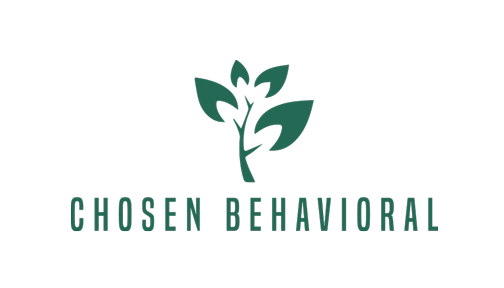Common Disorders


Welcome to Our Comprehensive Guide on Common Mental Disorders
Understanding mental health is crucial in fostering a supportive and informed society. This guide provides an overview of some common mental disorders, aiming to educate, create awareness, and break down the stigmas often associated with these conditions. Remember, mental health is just as important as physical health, and recognizing the signs and symptoms of these disorders is the first step towards seeking help and providing support.
Common Mental Disorders
Depression
Depression is more than just feeling sad; it’s a serious condition that affects your physical and mental health. Symptoms can range from persistent feelings of sadness and hopelessness to a lack of interest in activities and difficulty in managing daily tasks.
Key Symptoms:
- Persistent sad, anxious, or “empty” mood
- Feelings of hopelessness or pessimism
- Irritability
- Loss of interest in hobbies or activities
- Fatigue and decreased energy
Treatment: Treatment often includes therapy, medication, or a combination of both. Lifestyle changes, such as regular exercise and a healthy diet, can also help manage symptoms.


Attention-Deficit/Hyperactivity Disorder (ADHD)
ADHD is characterized by patterns of inattention, hyperactivity, and impulsivity that interfere with functioning or development. It’s most commonly diagnosed in children but can continue into adulthood.
Key Symptoms:
- Difficulty staying focused on tasks or play activities
- Frequently losing things necessary for tasks and activities
- Fidgeting or tapping hands or feet, or squirming in seat
- Inability to play or engage in hobbies quietly
Treatment: Treatment can include behavior therapy, medication, education, or training, or a combination of these.
Oppositional Defiant Disorder (ODD)
ODD is a behavior disorder, usually diagnosed in childhood, that is characterized by uncooperative, defiant, and hostile behavior toward authority figures.
Key Symptoms:
- Frequent temper tantrums
- Excessive arguing with adults
- Refusing to comply with requests or rules
- Blaming others for mistakes or misbehavior
Treatment: Treatment often involves therapy, parent training, and family therapy.


Post-Traumatic Stress Disorder (PTSD)
PTSD is a disorder that develops in some people who have experienced a shocking, scary, or dangerous event. It can cause significant problems in social or work situations and in relationships.
Key Symptoms:
- Flashbacks or reliving the traumatic event
- Avoidance of places, events, or objects that are reminders of the traumatic experience
- Negative changes in thinking and mood
- Changes in physical and emotional reactions
Treatment: Treatment can include different types of psychotherapy as well as medications to manage symptoms.
Bipolar Disorder
Bipolar disorder is characterized by dramatic shifts in a person’s mood, energy, and ability to think clearly. These mood swings can be extremely distressing and disruptive to your life.
Key Symptoms:
- Periods of unusually intense emotion, changes in sleep patterns and activity levels
- Manic episodes of high energy, reduced need for sleep, and loss of touch with reality
- Depressive episodes of low energy, low motivation, and loss of interest in daily activities
Treatment: Bipolar disorder is typically treated with a combination of medications and psychotherapy.


Schizophrenia
Schizophrenia is a serious mental disorder in which people interpret reality abnormally. It can result in some combination of hallucinations, delusions, and extremely disordered thinking and behavior.
Key Symptoms:
- Hallucinations
- Delusions
- Thought disorder
- Movement disorder
Treatment: Treatment is usually lifelong and often involves a combination of medications, psychotherapy, and coordinated specialty care services.
Understanding these conditions is the first step toward creating a supportive environment for those affected. If you or someone you know is struggling with symptoms of these disorders, seeking professional help is crucial. Remember, you are not alone, and help is available. Together, we can create a world that is informed, compassionate, and supportive for all individuals dealing with mental health challenges.
Use Your Insurance










